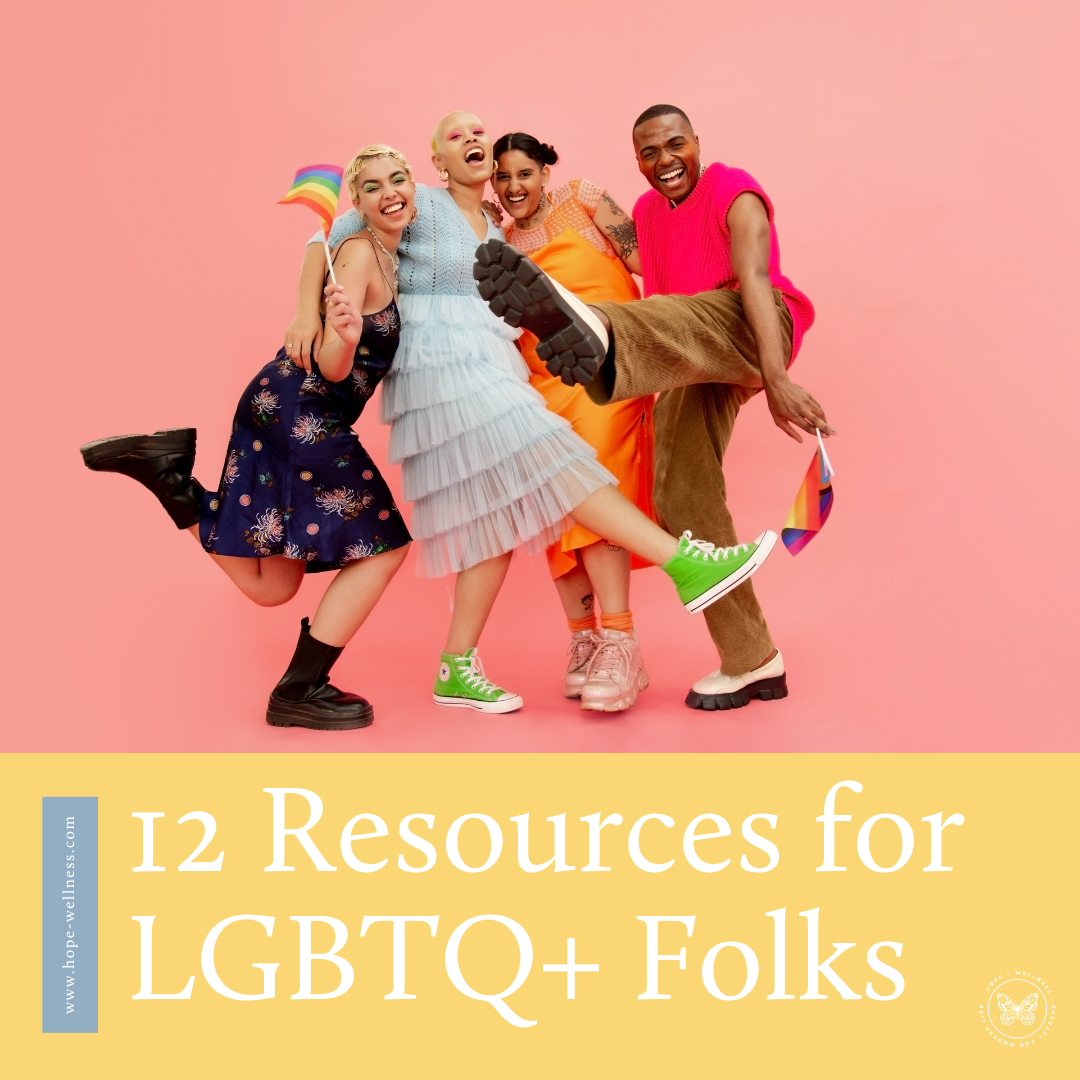3 Simple Ways to Cultivate Kindness and Self-Compassion
Sometimes we make mistakes that we beat ourselves up for to no end. The voice in our head gets louder and louder and just. wont. stop. Why did you think that was a good idea? it says. How could you have been so selfish? Often times, these thoughts lead to feelings of guilt, shame, and depression. It isn’t surprising to learn that those of us who experience this may have had childhoods deeply impacted by abuse or chronic stress or family dysfunction.
How then, do you learn to love yourself, to change the internal voice and feelings about yourself from criticism and loathing to one of love and compassion? It may be counter intuitive for many of us to feel as if it is okay to love oneself, rather than to judge or criticize. But in fact, to love oneself with kindness and self-compassion, with warmth and gentle support is healthy.
No you’re not perfect. You’re human. And you make mistakes. And that’s okay! You’re loved and valued, and this is unconditionally true, no matter what you’ve done or what you’ve been through. You’re so much more than your worst mistakes.
So how do you begin cultivating kindness and self-compassion?
Practice mindfulness.
Mindfulness is being aware of the present moment, non-judgmentally, and with acceptance. Mindfulness is a powerful way to cultivate kindness and self-compassion because it helps you realize that you’re not your thoughts. Instead, you are the person observing your thoughts. You are the observer. The harsh self-critical thoughts are just that — thoughts — and not necessarily true. Moreover, mindfulness helps increase calm and reduce suffering and stress.
Practice Loving Kindness
As you meditate, send feelings of loving kindness toward yourself and for your loved ones, friends, or others. To do this, in your mind you can try reciting loving and kind wishes to yourself or others in your life. For example, you could say, “May I experience peace today, and greater awareness of the goodness of others.” “May I practice gratitude and take time to slowly enjoy my day.” You can also think of what you would say to a small child or a friend, and say them to yourself. For example, “You’ve been through a lot this past year. It’s okay if you’re feeling down. I’m here for you. I love you.” Practice this for at least one minute each day and slowly you’ll feel more compassion and connectedness.
Allow yourself to be vulnerable.
Know that it’s okay to be human and to be imperfect. Actually, there is no one in this world who is perfect and we are all flawed and in this together. Know that there is a beauty in imperfection and vulnerability and in our humanity that is far greater than any perfection. Vulnerability not only increases our connectedness with others, but it allows us to see others and ourselves with softer, kinder eyes. Not eyes of harshness or judgment, but of love and humanity.
The process of becoming the people we are fully meant to be and toward being kinder and more compassionate and loving to ourselves is a lifelong journey. It isn’t easy, but it’s worth it. These three tips help provide a beginning point, but it can help to work with a supportive therapist to provide a safe space to work through some of these difficult emotions toward greater health and wholeness.
arlington psychologist, therapist in tysons corner, merrifield, falls church, arlington and vienna
Victoria Chialy Smith, PhD is a licensed clinical psychologist serving the Falls Church, McLean, Great Falls, Vienna, Arlington, Alexandria, and the greater Washington DC region. She provides individual therapy to children, teens, and adults with stress, anxiety, and depression. Our practice provides Cognitive Behavioral Therapy (CBT), mindfulness based therapies, and other top, premier evidence-based treatments. Call, email, or schedule an appointment with us online today. We’re happy to help!










If you’re looking for ways to slow down the holiday rush this year so you can actually enjoy yourself, here are some ideas for how to stay present during the holiday season.